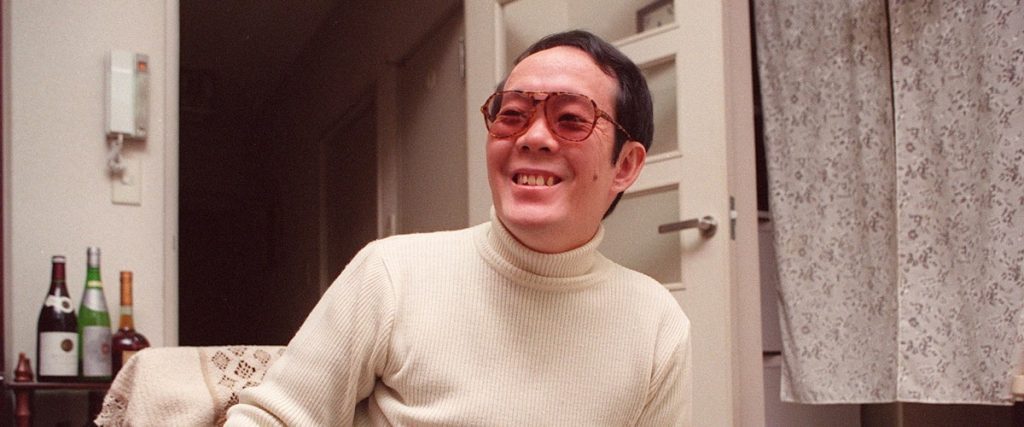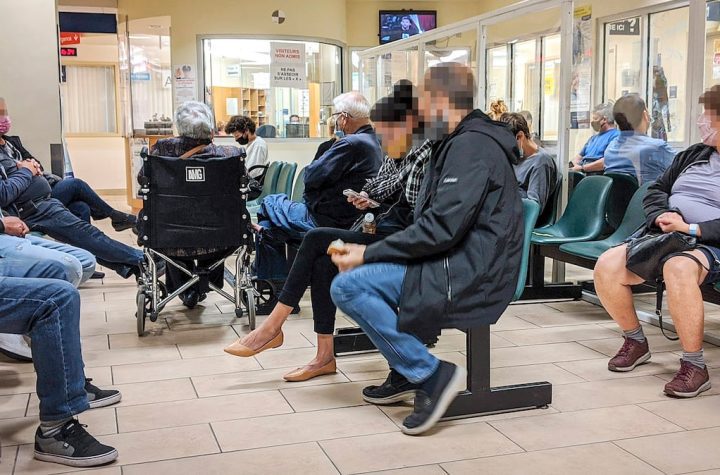
Issey Sagawa, nicknamed the “Japanese cannibal” for killing and eating a Dutch student in Paris, has died 40 years after the killer unleashed the horrors before turning him into a media phenomenon in his country.
Sagawa died of pneumonia on November 24 at the age of 73, and according to a statement from the publisher of his brother Jun’s autobiography, which was published in 2019, the funeral has already been held with only his relatives.
No public celebrations are planned, the statement added.
Issey Sagawa was a student in Paris at the Sorbonne University on June 11, 1981, when he invited a Dutch comrade, Renée Hartevelt, to dinner at his apartment.
There, he shot her in the neck with a rifle, raped her, mutilated various parts of her body over three days, and took numerous photographs of his heinous crime.
He tried to get rid of the young woman’s body in two suitcases left in the Bois de Boulogne, but was found and arrested thanks to a call for witnesses launched by the police.
“Eating that girl expressed love. I wanted to feel the presence of a loved one in me,” he admitted after his arrest.
Experts confirmed his mental illness, he benefited from deportation and trained in France and then Japan before gaining independence in August 1985.
His departure from France provoked the indignation and indignation of his bereaved family and many others.
The family has vowed to pressure Japanese public opinion that “the murderer will never be released.”
Later becoming a media star, Sagawa received many journalists at his apartment in the suburbs of Tokyo. He intervened in Japanese television and published several bestsellers such as “Cannibal” or “I want to eat” and drew a manga detailing his crime.
Cannibal drive
Issei Sagawa told AFP in the early 1990s that he seemed concerned that his writings would be read outside of Japan: “I never imagined that the family of the victim, editor’s note) would be able to read it”.
His action shocked public opinion by evoking a certain morbid fascination with its author, especially the Japanese author Juro Kara, who won the prestigious Akutagawa Literary Prize in 1982 for his crime novel “The Letter from Sagawa.”
British rock band The Stranglers also referenced crime in their 1981 French-language song “La Folie”.
Two anthropologists made a documentary about him in 2017 called “Kaniba”, in which Issei Sagawa stated that his actions were “unexplainable”.
“This is just my fantasy. I can’t say anything more special than this,” he said in the movie. “People must think I’m crazy.”
He described his “obsession” as “impossible”, stating that “I want to eat donkey more than anything else in the world”.
According to this documentary, Sagawa recognized his cannibalistic impulse as a teenager during his sexual awakening, and his desire focused on blonde actresses in Western cinema. His “first attraction” was American star Grace Kelly.
The directors, Véréna Paravel and Lucien Castaing-Taylor, had months of “extremely conflicted feelings” about Issey Sagawa, a follower of self-harm, and his brother Jun’s intimacy, they said.
“We were disgusted, we were attracted, we wanted to understand”, said Verena Paravel, adding that it was, after all, “a film about brotherhood, about love”.





More Stories
“Avatar: The Way of the Water”: The Great Return of James Cameron
To end polarization
Pokemon says goodbye to Ash and Pikachu!